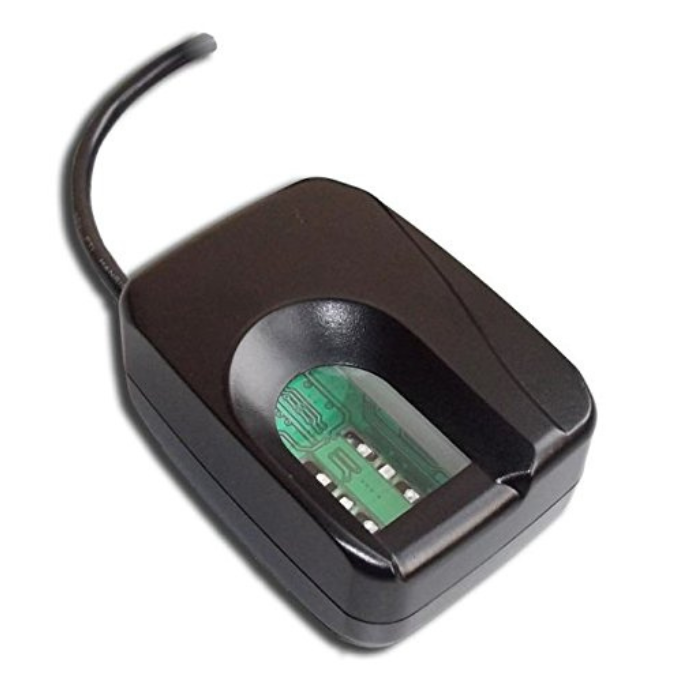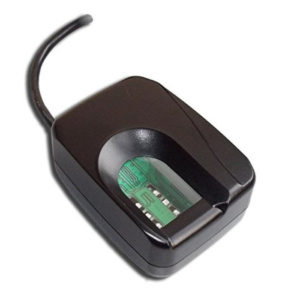Best Biometric Fingerprint Scanners India 2023

Best Biometric Fingerprint Scanners India 2023 : Buy on Amazon
In today’s fast-paced world, security has become a major concern for individuals and businesses alike. With the rise of digital technology, traditional security measures such as passwords and PINs have become less secure, leading to an increased demand for biometric authentication methods. One of the most popular biometric authentication methods is the biometric fingerprint scanner. In this blog post, we will take a closer look at what biometric fingerprint scanners are, how they work, and their benefits.
What is a Biometric Fingerprint Scanner?
A biometric fingerprint scanner is a device that captures and analyzes the unique patterns and ridges on an individual’s fingertips to authenticate their identity. This type of scanner is used in a wide range of applications, including physical access control, time and attendance tracking, and identity verification for financial transactions.
How Does a Biometric Fingerprint Scanner Work?
A biometric fingerprint scanner works by capturing an image of an individual’s fingerprint and analyzing the unique characteristics of the pattern. The scanner uses a variety of sensors, including optical sensors and capacitance sensors, to capture the image of the fingerprint. The image is then processed by software that analyzes the unique ridges and patterns of the fingerprint, creating a digital representation of the fingerprint.
Once the digital representation of the fingerprint is created, it is compared to a database of previously stored fingerprints to determine if there is a match. If the fingerprint matches a stored fingerprint, the individual is granted access to the secure area or allowed to complete the transaction.
Benefits of Biometric Fingerprint Scanners
There are many benefits to using biometric fingerprint scanners over traditional authentication methods such as passwords or PINs. One of the biggest advantages is that fingerprints are unique to each individual, making them nearly impossible to forge or replicate. This means that biometric fingerprint scanners provide a higher level of security than traditional authentication methods.
Another advantage of biometric fingerprint scanners is that they are fast and easy to use. Unlike passwords or PINs, which can be forgotten or mistyped, fingerprints are always available and can be captured quickly and easily.
In addition to their security and convenience, biometric fingerprint scanners are also cost-effective. Because they eliminate the need for physical tokens or access cards, they can reduce the cost of managing physical access control systems.
Conclusion on Best Biometric Fingerprint Scanners
Biometric fingerprint scanners are a powerful tool for enhancing security and reducing costs in a wide range of applications. They provide a high level of security, are fast and easy to use, and are cost-effective. With the rise of digital technology and the increasing need for secure authentication methods, biometric fingerprint scanners are likely to become even more popular in the years to come.
Frequently asked Questions
Q: What is a biometric fingerprint scanner?
A: A biometric fingerprint scanner is a device that captures and analyzes the unique patterns and ridges on an individual’s fingertips to authenticate their identity.
Q: How does a biometric fingerprint scanner work?
A: A biometric fingerprint scanner works by capturing an image of an individual’s fingerprint and analyzing the unique characteristics of the pattern. The scanner uses a variety of sensors, including optical sensors and capacitance sensors, to capture the image of the fingerprint. The image is then processed by software that analyzes the unique ridges and patterns of the fingerprint, creating a digital representation of the fingerprint.
Q: What are the benefits of biometric fingerprint scanners?
A: The benefits of biometric fingerprint scanners include enhanced security, ease of use, and cost-effectiveness. Fingerprint patterns are unique to each individual, making them difficult to forge or replicate, and they are always available and can be captured quickly and easily. Additionally, because they eliminate the need for physical tokens or access cards, they can reduce the cost of managing physical access control systems.
Q: What are the applications of biometric fingerprint scanners?
A: Biometric fingerprint scanners are used in a wide range of applications, including physical access control, time and attendance tracking, and identity verification for financial transactions.
Q: How accurate are biometric fingerprint scanners?
A: Biometric fingerprint scanners are highly accurate and have a very low false positive rate, meaning that the chance of an incorrect match is very low. However, the accuracy of a biometric fingerprint scanner depends on several factors, including the quality of the image captured, the quality of the software used to analyze the image, and the conditions in which the scanner is used.
Q: Can biometric fingerprint scanners be hacked?
A: While biometric fingerprint scanners are highly secure and difficult to hack, they are not foolproof. Hackers may attempt to bypass the scanner by using a high-quality replica of a fingerprint or by using a different biometric authentication method, such as facial recognition or voice recognition. Therefore, it is important to use biometric fingerprint scanners in combination with other security measures to ensure maximum protection.

